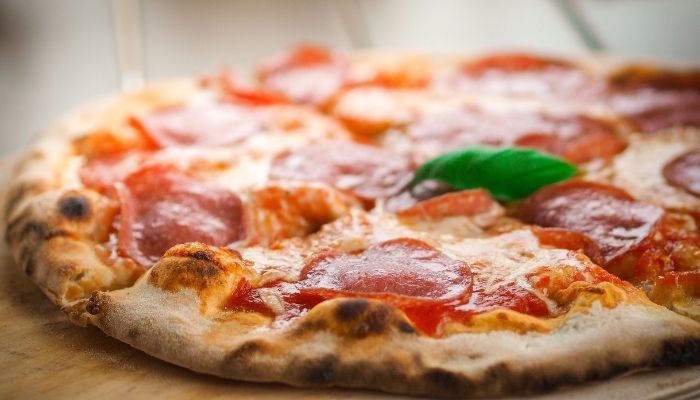People who are suffering from a condition called hemorrhoids or piles knows how difficult it is to freshen up in a washroom. The pain, discomfort, and bleeding associated with piles can make one go crazy and miserable.
Piles is a condition where certain veins in the lower part of the rectum and anus swell or bulge making it painful to pass out stool. If left untreated for long, it may need surgery too. However, it has been noticed that certain food items can soothe, whereas certain food items can worsen the condition. So, getting relief from piles or worsening it also depends on your selection of food items.
If you are suffering from piles, then you should be aware of food to avoid in piles to avoid severe piles symptoms.
What Is Piles/ Hemorrhoids?
Piles or haemorrhoids is a lump found inside or outside the anus that is caused due to swollen blood vessels. Haemorrhoids are caused mainly due to wrong eating habits and long hours of sitting or a sedentary lifestyle. These inflamed veins if not treated with proper treatment or diet can make a person miserable to sit and stand too. Piles usually goes away after some time, but the affected person may experience bleeding and discomfort during the time when the condition remains, if the haemorrhoids become sore. There are certain foods to avoid in piles that can be helpful in the healing process and minimising discomfort.Types Of Piles/ Hemorrhoids
Depending on the location, piles can be categorised in majorly two types:1. Internal Hemorrhoids: As the name suggests, this type of piles is located inside the anus right at the beginning of the rectum. These may lead to discomfort and bleeding while passing out stool. These internal haemorrhoids may prolapse or fall out of the rectum sometimes, thereby partially or completely blocking it. Usually, the affected person can push them back up manually, but if not, they need to be removed surgically. 2. External Hemorrhoids: Unlike the internal piles, this one is present outside but near the anus. These usually don’t bleed but can be very painful during bowel movements, while sitting down or doing performing other activities (such as cycling). *An external haemorrhoid that leads to the development of blood clot—called thromboses haemorrhoid—can be extremely painful and itchy. It is best to visit the doctor and get such a haemorrhoid removed.
8 Common Piles Causes
Before throwing light on the foods to avoid hemorrhoids, we feel it is important to understand the main factors that may worsen your pile’s condition. Some of the common causes of piles are:- Eating low-fiber diet
- Obesity
- Persistent or chronic diarrhoea
- Diarrhea
- Pregnancy
- Chronic Constipation
- Sitting for long hours
- Strenuous exercises
- Sedentary lifestyle
9 Foods To Avoid In Piles And Fissures
Here is a list of 9 foods to avoid during piles or hemorrhoids as given below:- Spicy Foods
- Salty Foods
- Dairy Products
- White Flour Foods
- Processed and Deep-Fried Food Items
- Red Meat
- Alcohol
- Caffeinated Beverages
- Iron Supplements
1. Spicy Foods
The worst food literally for people affected with severe piles problem is anything spicy. If you don’t want to worsen your bowel movements, then make sure to avoid spicy food from your menu else be ready to face extreme discomfort and even bleeding passing out stool.
2. Salty Foods
Just like spicy foods, we advise you to avoid salty food items if you want to experience some relief from your hemorrhoids or not. Go less on salted chips and other snack items because the salt content in these items will lead to water retention that may even affect the blood vessels troubling you with piles.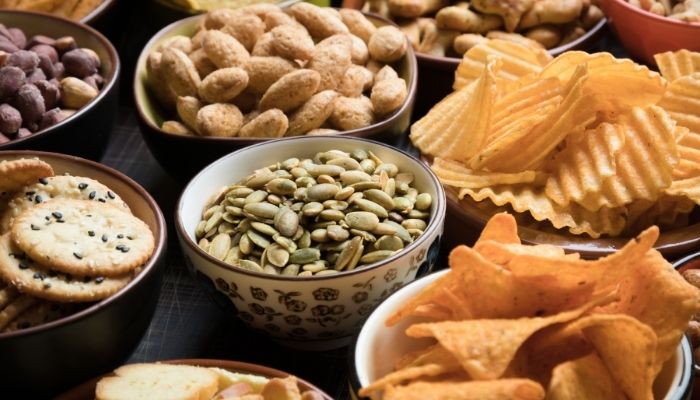
3. Dairy Products
Next in our list of piles avoid food list is any kind of dairy product. Be it milk, cheese, curd, or any other dairy product, try to reduce their consumption to prevent the accumulation of gas that may lead to stomach cramping. Ultimately, this will lead to piles symptoms.
Consuming dairy products may also lead to constipation or diarrhoea, which can further aggravate your condition. It is best to reduce your dairy intake and monitor the effects it has on your body if you can’t resist dairy at all.
4. White Flour Foods
When talking about the food to avoid in piles, do consider reducing or eliminating the intake of white flour foods such as pasta, pizza, white bread, and noodles. The white flour we eat is made after removing the nutritious bran and germ, which makes it fibreless,thereby reducing the fibre content of your diet. It is recommended that you avoid refined grains or their products, such as white rice and white bread, and choose non-refined grains to increase your fiber intake.
5. Processed and Deep-Fried Food Items
Those who want to eliminate food items that can worsen their piles symptoms should avoid processed and deep-fried food items. Canned, frozen, and packaged food items need to be avoided, as they are often high in sodium and may lead to constipation. Similarly, deep-fried food items can be extremely difficult to digest and may lead to piles.
6. Red Meat
Meat especially red meat takes time to digest and therefore may lead to constipation. So, try to eliminate red meat from your diet if you want to experience comfort from piles. Replace red meat with other vegetarian food items that are a good source of proteins and beneficial for improving the symptoms of piles.
7. Alcohol
Next on our list of foods to avoid with hemorrhoids is alcohol. People suffering from piles or hemorrhoids must minimize their alcohol consumption. This is because alcoholic drinks also tend to make your stool hard and dry, leading to discomfort passing out. This can therefore be extremely painful for people suffering from piles.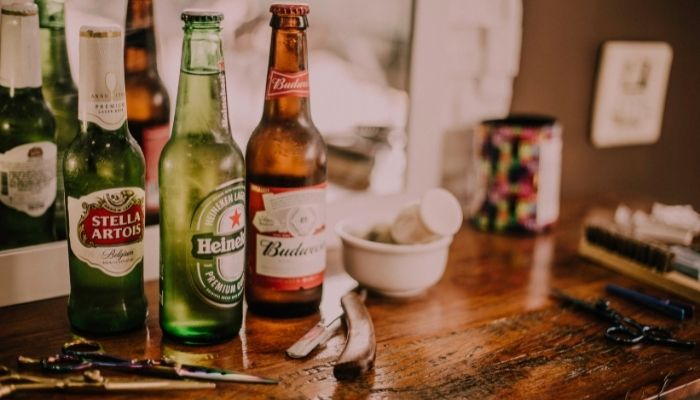
8. Caffeinated Beverages
Likewise, we do count caffeinated beverages as one of the worst food items for those suffering from piles. Caffeinated beverages like coffee and tea also dry up the stool and make it more painful for you to pass stool.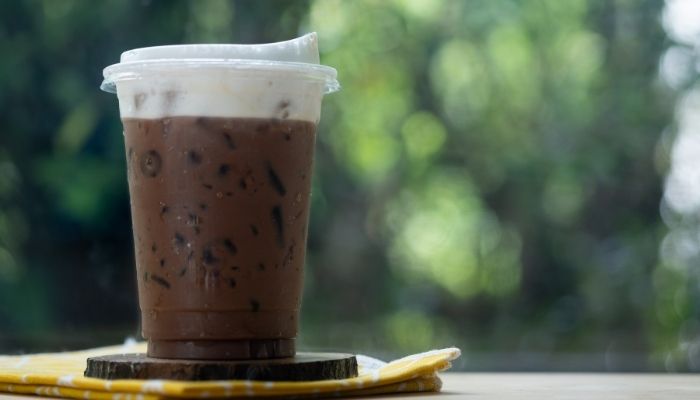
9. Iron Supplements
Whether you are aware of it or not, iron supplements also tend to promote constipation in many people. Piles as you know are a condition that is aggravated due to constipation, therefore, worsens piles symptoms. So, if your doctor has advised you of iron supplements, do consult your doctor about your piles condition so that he/she may advise you on supplements accordingly.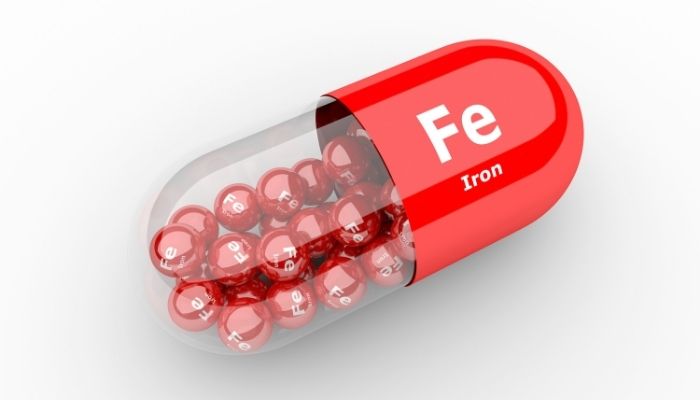
10 Best Foods For Piles
Now, that you are fully aware of foods to avoid during piles, let also help you understand what are the right foods to take in piles:- Papaya
- Bananas
- Berries
- Melons
- Cucumbers
- Celery
- Cruciferous Vegetables
- Whole Grains
- Legumes
- Fluids and Water
What To Eat For Piles - Takeaway
The above-mentioned list of food to avoid in piles will help you decide for yourself about what kind of food items will worsen your piles symptoms. Keep in mind that piles is a condition that can be improved by staying hydrated and by consuming more fiber-rich foods like vegetables, fruits, and legumes. In case, your piles symptoms worsen despite you avoiding the worst foods for piles, do consult your doctor and get treatment. Consult Dietitian and Nutritionist!- Eating, Diet, & Nutrition for Hemorrhoids - What should I eat if I have hemorrhoids?. National Institutes of Diabetes and Digestive and Kidney Diseases. https://www.niddk.nih.gov/health-information/digestive-diseases/hemorrhoids/eating-diet-nutrition .Accessed April 20, 2023.
- Best and Worst Foods for Hemorrhoids. WebMD[Internet]. https://www.webmd.com/digestive-disorders/best-worst-foods-hemorrhoids .Accessed April 21, 2023.
- Five Food People With Hemorrhoids Should Avoid. HealthMatch[Internet]. https://healthmatch.io/hemorrhoids/5-foods-to-avoid-with-hemorrhoids .Accessed April 23, 2023.
- Which foods to eat and avoid to help treat and prevent piles. MedicalNewsToday[Internet]. https://www.medicalnewstoday.com/articles/hemorrhoids-high-fiber-diet .Accessed April 25, 2023.

